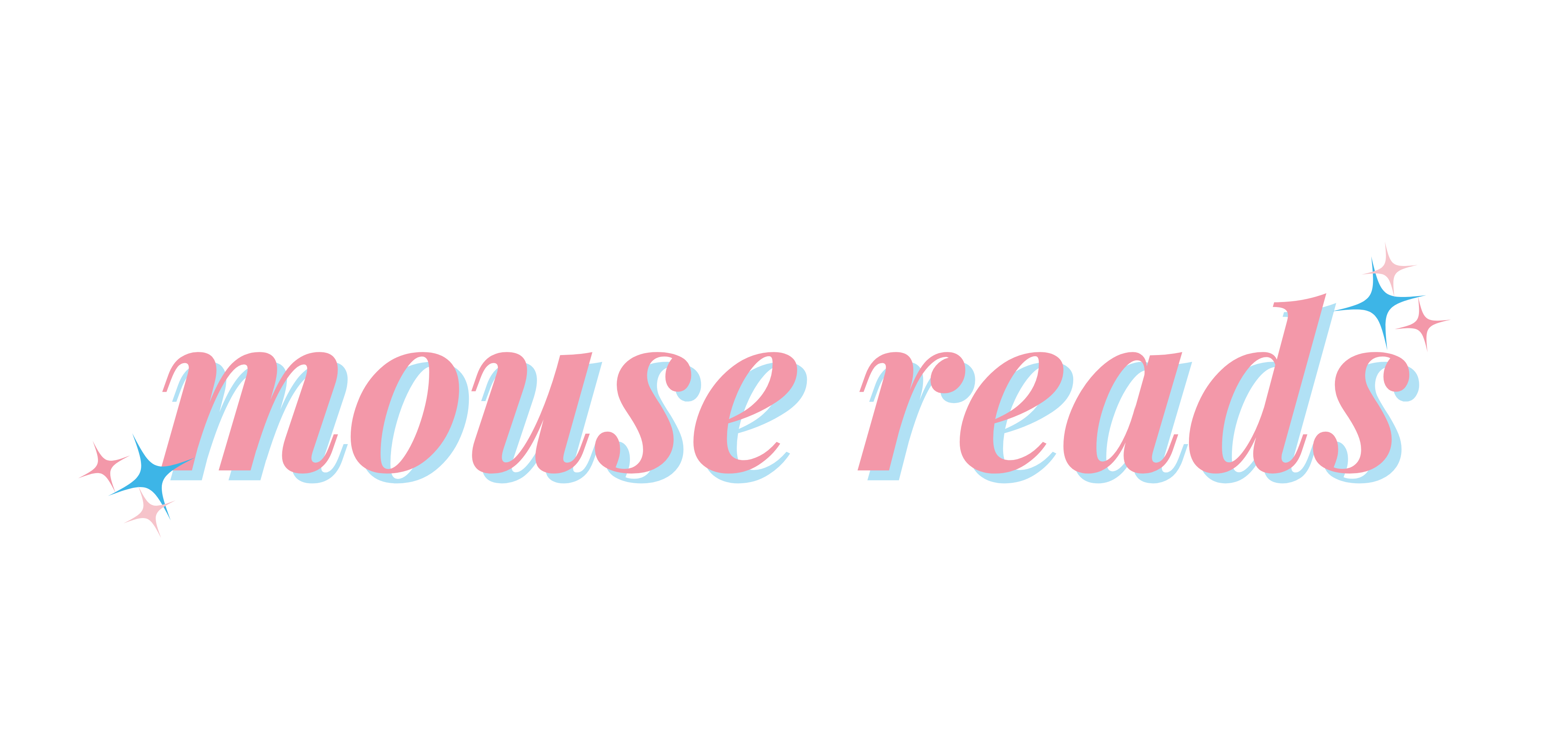Lotería
Lotería by Karla Arenas Valenti is a middle grade focused on the fate of one girl. Life and Death play the game of Lotería to determine Clara’s fate and discuss the effects of free will.
From Goodreads:
It is the hottest hour of the hottest day in Oaxaca City when Life and Death walk into town, ready to begin a new game of Lotería. But first, they need a pawn, a child whose fate will be determined by the winner of the game: a long and prosperous life or an untimely death. Fate finds this child in a robin-egg blue house, tucked beneath a massive jacaranda tree. And so, the game begins.Every card reveals a new twist in Clara’s fate: a tree, a scorpion, a fateful arrow, a mermaid, a deer, a treacherous rose. But Clara knows none of this. All she knows is that her cousin Esteban has vanished, and she’ll do whatever it takes to save him, traveling to the mythical Kingdom of Las Pozas in her search. And although it seems her fate was sealed as soon as the cards were dealt, Clara just might have what it takes to shatter the game and choose a new path.
“La Lotería was a simple game of chance. The first player to get four cards in a straight line—horizontal, vertical, or diagonal—would win. A win by Catrina would deliver Clara into her hands. A win by Life would spare the child, granting Clara a long life.”
Valenti did a fascinating job with this story. While it is a middle grade, it tackles one of life’s more interesting concepts- free will. As Life and Death pursue this game, Clara experiences heart-wrenching moments left and right. This is where things continue to get dark, as we watch where each time they can claim a spot on the Lotería board, something happens to Clara or her loved ones. Is that fate, or is it due to the choices these people have made? At times, this felt somewhat of a heavier topic for a middle grade, though. This led to moments where despite my personally enjoying it, I wondered at the appropriateness for the intended age group.
“And so it was that the fate of a child tending to a pot of hot chocolate hung on a pile of beans and a deck of cards.”
Middle-grade readers can definitely handle dark topics, but the writing also tended to lean towards the more flowery. While this worked for the fantastical concepts, it didn’t necessarily feel like a middle-grade book. I enjoyed the writing style greatly, though, and it created a solid magical feel. The conversations between Life and Death were incredibly intriguing. The flow and transitions from Clara’s story and their conversations were well done. It created a story that held you tightly but gave you breaks after such heartbreaking moments would occur.
“The girl has surprised me,” she admitted. “I did not anticipate her courage.” “I don’t think she anticipated it, either,” Life replied. He pulled out the tablas and the cards.
Clara was an interesting character to read. It felt like she didn’t get too much fleshing out because that wasn’t quite the point of the story. Usually, I don’t like when the main character fails to be fully developed. However, Clara serves more as a character to watch demonstrate the conversation between Life and Death. With this in mind, it makes her more interesting as she does the unexpected, and tests her own bravery. She is clever and incredibly loving. Does that mean middle-grade readers will connect with Clara? That question is where, again, I wonder at the intended reading age for this book. Clara reads like a character on the younger end of middle grade, while the book content does not.
“It is not hard to trick the brokenhearted.”
Overall, this was an enjoyable book with plenty of fantastical elements. It’s incredibly dark, though, and heartbreaking. I would be hesitant to recommend it to middle-grade readers for that fact alone. It’s definitely one of those books where the parent would need to decide what’s appropriate for their kid, as obviously, not all kids handle things at the same levels. The adventure Clara goes on to save Esteban was frightening, but incredibly interesting. The metaphorical conversation of fate versus free will though felt a bit over the heads of the intended reading age.
“Listen,” she told Esteban. “And remember this: we may not have a choice about what happens to us. We didn’t ask for any of this.” She extended her arm, pointing across the lake. “We didn’t choose to end up in this dark and broken place. But there is nothing we can do to change the fact that this is where we are.”
“The thing is, even if we had no choice about what happened to us, we still get to decide what to do about it.” Clara pointed at the butterflies blinking overhead. “I choose not to let the terribleness of this place be the end of my story. Or yours.”
Thank you to Netgalley and the publisher for a copy of this book in exchange for an honest review.







Leave a Comment